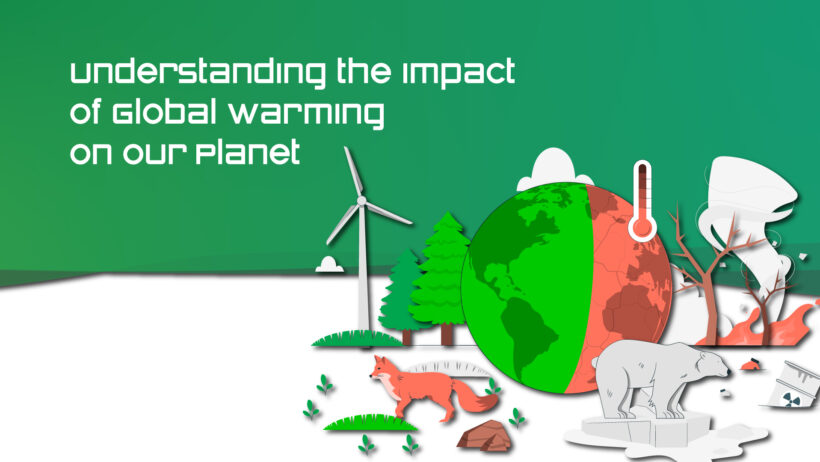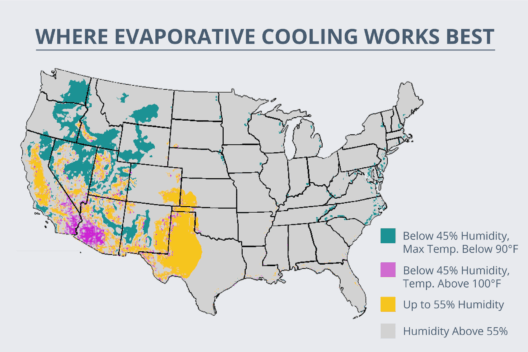Global warming has emerged as one of the most pressing challenges of our time, yet many individuals remain unaware of the pivotal role their daily activities play in exacerbating this phenomenon. Understanding how we contribute to this global issue requires a careful examination of our behaviors, habits, and the cumulative effects of our choices. This discourse delves into the intricate ways in which human actions culminate in increased greenhouse gas emissions, thereby amplifying the impacts of climate change.
At its core, global warming is primarily driven by an increase in greenhouse gases in the atmosphere. These gases trap heat, resulting in a rise in global temperatures. While industrial emissions are often spotlighted as the main culprits, we must also consider the everyday choices of individuals that cumulatively lead to a significant environmental impact. From our energy consumption to transportation choices, our lifestyles directly correlate with the degree of global warming we are contributing to.
One of the most conspicuous ways we participate in global warming is through energy consumption. The modern lifestyle is heavily reliant on fossil fuels—coal, oil, and natural gas—which are the primary sources of electricity generation. When power is produced from these sources, carbon dioxide (CO2) is released into the atmosphere. The average household consumes an extensive amount of energy for heating, cooling, lighting, and powering appliances. Simple actions, such as leaving lights on unnecessarily, using outdated appliances, or failing to insulate homes, contribute to excessive energy consumption. To mitigate these effects, adopting energy-efficient practices and technologies can significantly reduce individual carbon footprints.
Transportation represents another major avenue by which we influence global warming. The mere act of commuting—whether by car, bus, or airplane—generates substantial greenhouse gas emissions. In the United States, transportation accounts for approximately 29% of total greenhouse gas emissions. Individual choices regarding vehicle use can exacerbate this problem. For instance, driving alone in large, fuel-inefficient vehicles generates more emissions than carpooling or utilizing public transport options. Furthermore, air travel, while offering convenience, is one of the most carbon-intensive activities an individual can undertake. Alternatives such as biking, walking, or using electric vehicles can substantially lessen transportation-related emissions.
Food production and consumption are also central to our environmental impact. The agricultural sector is responsible for significant greenhouse gas emissions, from land clearing to fertilizer use and livestock raising. The production of meat and dairy, in particular, entails high greenhouse gas emissions due to methane released by livestock and the resources required for feed production. Shifting towards a plant-based diet not only contributes to personal health benefits but also represents a powerful statement against climate change. Choosing locally-sourced produce can further reduce emissions associated with long-distance transportation and food waste in landfills.
Waste generation is another critical aspect of our involvement in global warming. Landfills produce methane, a greenhouse gas with a much higher heat-trapping ability compared to carbon dioxide. The act of consuming products that are over-packaged or that cannot be recycled exacerbates this issue. Implementing more sustainable practices such as recycling, composting, and reducing single-use plastics are essential steps individuals can take to reduce their ecological footprints. This collective effort towards minimizing waste can greatly reduce emissions associated with waste management.
Moreover, the water we use daily also plays a role in our environmental footprint. While water itself is not a direct contributor to global warming, the energy consumed to heat, treat, and pump water can exploit fossil fuel resources. Additionally, over-extraction of groundwater and the pollution of water bodies due to runoff from agricultural practices can lead to broader environmental degradation. Conserving water through mindful usage and opting for water-saving appliances can help alleviate these pressures on our resources.
Consumer habits are an often-overlooked facet of our contributions to global warming. The products we choose to purchase, the brands we support, and the values we uphold directly influence the market. The fast fashion industry, for example, is notorious for its high carbon-footprint due to resource-intensive production and rapid transportation cycles. By choosing sustainable products, supporting ethical brands, and advocating for corporate responsibility, individuals can redirect market forces toward more environmentally-friendly practices.
Education and awareness are vital components in combating global warming. When individuals recognize the connection between their actions and the broader environmental consequences, they are more likely to make conscious choices that mitigate their impact. Community engagement, such as local environmental initiatives and advocacy, can foster a collective understanding of climate issues and galvanize local action. Social media and technology also offer platforms for raising awareness and spreading knowledge about sustainable practices.
The intersection of personal responsibility and systemic change is critical in addressing global warming. While individual actions are profoundly important, they must be complemented by broader societal shifts in policy and infrastructure. Advocating for renewable energy sources, supporting legislation aimed at reducing emissions, and participating in community-led sustainability projects will amplify personal efforts and pave the way for systemic change.
In conclusion, it is undeniable that each of us plays a role in the ongoing crisis of global warming through our everyday choices and behaviors. By understanding how our actions ripple through environmental systems, we can enact meaningful change. The path towards a sustainable future rests not only in personal responsibility but also in cultivating a collective ethos that prioritizes ecological balance. Taking proactive steps is not an option, but a necessity for the survival of our planet and future generations.








